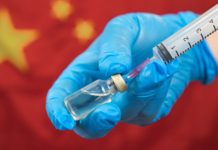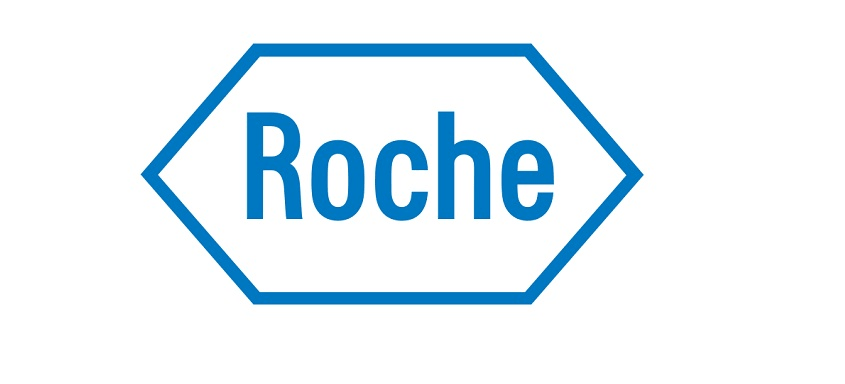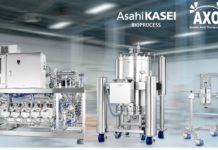Roche Holding AG (ROG.EB) said that a phase 3 IMpower150 study showed an improvement in the treatment of advanced lung cancer with the use of Tecentriq.
The study showed that patients with advanced lung cancer live significantly longer when they combine Tecentriq with Avastin–a cancer treatment–plus carboplatin and paclitaxel–a chemotherapy treatment–compared with the same treatment without Tecentriq.
The company said the study has met its co-primary endpoint of overall survival.
The Basel-based company, which had previously announced Tecentriq, Avastin and chemotherapy had reduced the risk of disease progression or death, said on Monday it hopes for a quick approval from authorities for the cocktail.
While Roche did not provide specific overall survival data, the headline result helps its bid to catch up to better-established immunotherapies from Merck and Bristol-Myers Squibb and its shares rose about 1 percent in early trading.
“We are pleased the IMpower150 study demonstrated a clinically meaningful survival benefit for people receiving their initial treatment for this type of advanced lung cancer,” said Sandra Horning, Roche’s chief medical officer.
She also said the survival benefit was observed across key subgroups, including those with varying levels of a protein called PD-L1 that can help tumors avoid detection. This could help Roche make the case that its cocktail is suitable for broad patients groups, not just those with specific biomarkers.
The world’s biggest maker of cancer drugs is counting on growing sales of Tecentriq, which notched 487 million Swiss francs in 2017, to help offset falling revenue from its older cancer medicines Avastin, Rituxan and Herceptin whose patent expirations are exposing them to rivals’ cheaper copies.
Analysts from Baader Helvea said its announcement completes an “already robust” set of data for regulators who now must sign off on Tecentriq’s use as an initial treatment of lung cancer.
“We continue to see Roche efficacy more than sufficiently competitive to grant a 43 percent market share in the indication, translating in 4.9 billion francs Tecentriq peak sales and 1.2 billion francs in 2018,” Baader’s Bruno Bulic said.
“Facing biosimilar competition… we see Tecentriq sales coming timely to support Roche’s profitability going forward.”

























